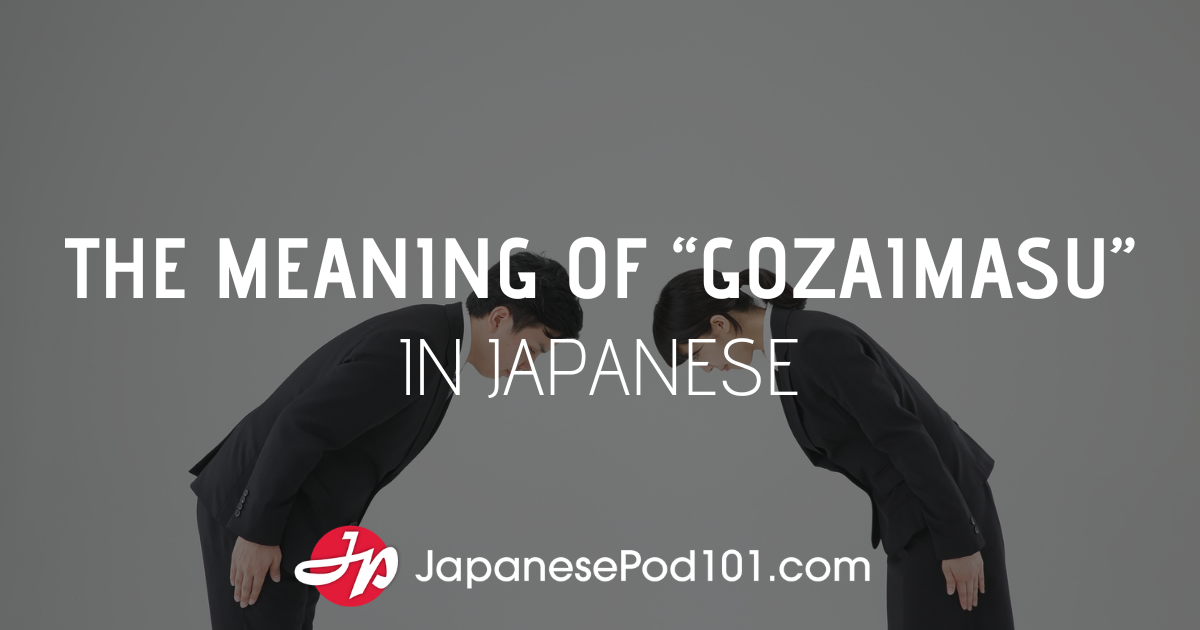1.d. 境地 (kyōchi: one’s position + situation) means “one’s lot; circumstance; situation in life.”
This word has a multitude of definitions (depending on the dictionary), including “state,” “stage,” “field,” and “environment.” Not sure quite what’s going on with that. But I notice that 境地 lies at the center of 国境地帯 (kunizakai-chitai: border zone), though of course there’s no connection between their meanings.
2.a. 心境 (shinkyō: mind + situation) means “frame of mind, mental state.”
One homonym also contains 境, namely, 進境 (shinkyō: progress, improvement, to progress + situation). So now I want to say this:
進境著しいようですが、今の心境はいかがですか?
Shinkyō ichijirushii yō desuga, imano shinkyō wa ikaga desuka?
You seem to have made remarkable progress. How do you feel about it?著 (ichijiru(shii): remarkable)
I had never seen this kanji, and its composition (grass,
, over person, 者) struck me as odd, so I consulted Henshall. Found some fun stuff there, which I’ve shared at the link.
今 (ima: now)
3.e. 境遇 (kyōgū: situation + fate) means “environment; circumstances.” The meaning of this word seems pretty close to some meanings of 境地. But why is there an insect inside 遇?! Actually, it looks like an insect (虫) moving ( ) through a field (田). This kanji (GŪ), which typically means “to receive, treat, encounter, fate, luck,” has a long, complicated etymology, and I won’t bore you with Henshall’s ins and outs. But he notes that this kanji has a shape in common with the following characters:
) through a field (田). This kanji (GŪ), which typically means “to receive, treat, encounter, fate, luck,” has a long, complicated etymology, and I won’t bore you with Henshall’s ins and outs. But he notes that this kanji has a shape in common with the following characters:
愚 (GU, oroka: foolish)
偶 (GŪ: by chance, spouse, idol)
隅 (GŪ, sumi: corner, nook)
寓 (GŪ, GU: temporary abode, to keep, imply, suggest)
Regrettably, I haven’t managed to show you this shape as an autonomous entity. Anyway, Henshall says that at one point in its history this shape might have represented a clawless version of a scorpion with a twisting tail. Pretty neat!
I didn’t know any of these characters (even though it turns out I’ve included one of them in earlier blogs!!!), but look what cool words they inhabit:
愚人 (gujin: fool) foolish + person
愚図る (guzuru: to grumble) foolish + intention
偶然 (gūzen: by chance) by chance + to be as it is
偶像 (gūzō: idol, image) idol + image
偶発的 (gūhatsuteki: accidental)
accidentally + to emit + adjectival suffix
配偶者 (haigūsha: spouse) to get married + spouse + person
奇遇 (kigū: chance meeting) unusual + to encounter
不遇 (fugū: misfortune) not + luckThe yomi sounds much like the meaning!
4.b. 逆境 (gyakkyō: reverse + situation) means “adversity.”
You know, I’m developing a real fondness for 逆, which we keep seeing. It’s worth noting that 逆境 is the antonym of 順境 (junkyō: favorable circumstances, prosperity, favorable + situation), the first word we saw last week.
5.c. 苦境 (kukyō: painful + situation) means “distress, predicament, crisis.”









